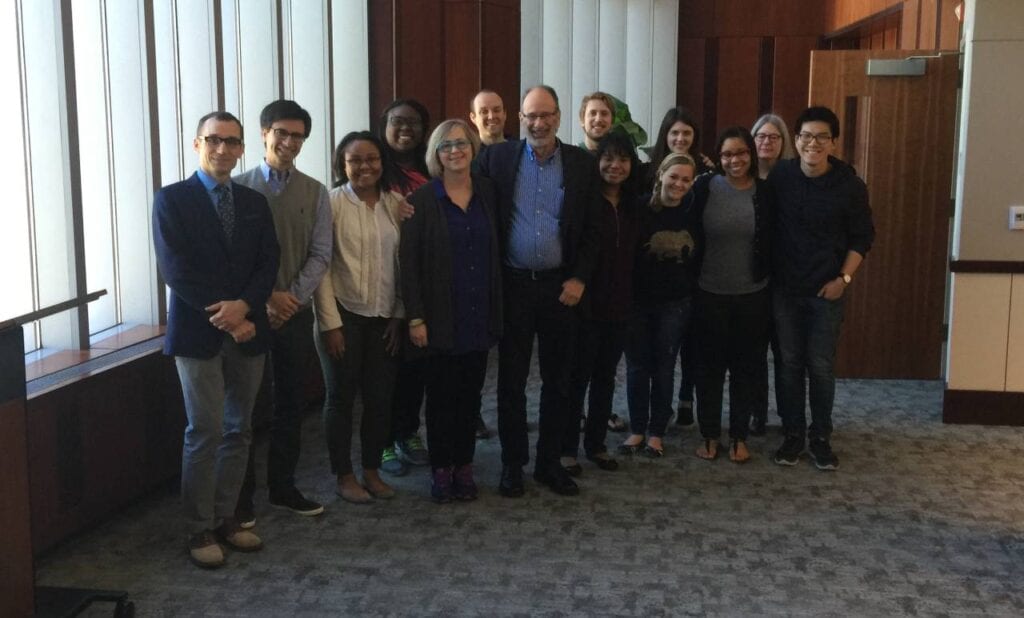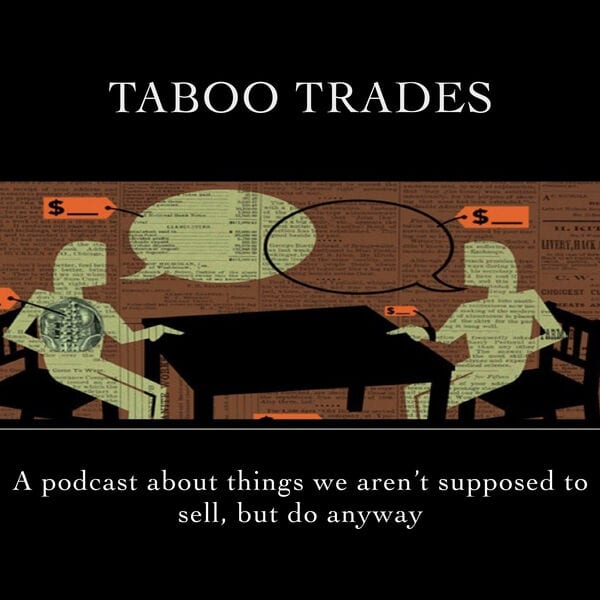Teaching

Repugnant Transactions
Class Description:
This class examines exchanges and transactions that are traditionally repugnant, and sometimes illegal. Importantly, what constitutes a repugnant transaction is culturally dependent, changing over time and across cultures. For example, typical repugnant transactions in modern western societies include organs, blood, babies, sexual relations, votes for money, and a wide range of other issues. In other cultures and times, however, humans were sold as a matter of course, whereas land was considered inalienable.
Students will discuss cases and reading selections from law, economics, philosophy, psychology, and sociology.
Advanced Contracts
Class Description:
Each course segment will consider in depth a foundational tenet of contract law, but applied to a new and modern fact pattern. For example, does an agreement to exchange one kidney for another (as in the increasingly common kidney paired donation) involve consideration? Is it void as against public policy? What is the obligation of airlines, hotels, and third-party providers (such as Expedia) to honor “mistake fares” in an age when technology allows potentially millions of purchases before the offeror discovers the error? What relief does Force Majeure or other legal doctrines or common contract provisions afford to contracting parties affected by the Covid-19 pandemic?
We’ll begin each segment with a modern fact pattern in which the law is unclear or in flux. We’ll read the classic contracts cases and scholarly articles on point, with application to the new fact pattern in mind. Are the old doctrines still a good fit for the new world? Are the public policy rationales behind the law still relevant? What new considerations are present? Project assignments are designed to place students in roles of problems-solvers, policymakers, or judges considering real-life, current disputes. There will be substantial writing, teamwork, and oral presentations.
Podcast
Taboo Trades
This course is a podcast production, with students as rotating guest producers. The podcast is available here:


